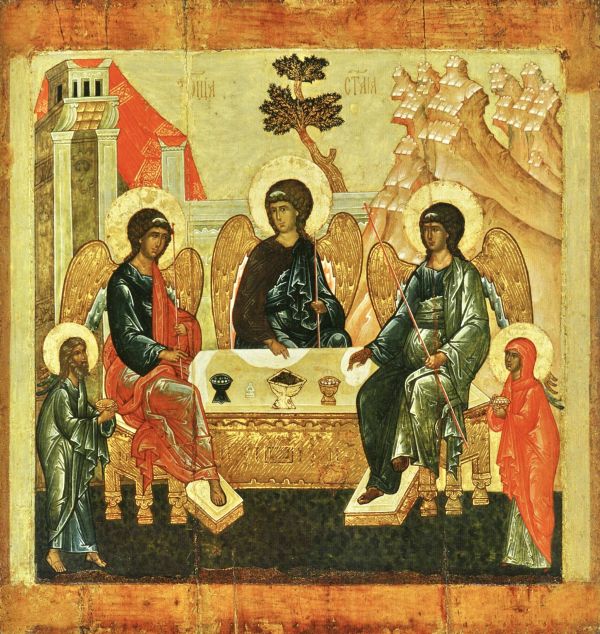Jesus claims divine sonship, claiming to have God for Father, to honour Him and be glorified by Him.
The leaders, on the other hand, who do not know the Father, mistake the Lord for being presumptuous.
Francis believed deeply in the Word of God and from the very beginning of his conversion, he committed himself to live it to the letter: 'sine glossa'.
He carried written on his heart the phrase of Jesus: "If anyone keeps my word, he will not see death forever" (Jn 8:51).
In fact, in the Perugian Legend we read:
"The ministers, knowing that according to the Rule they were obliged to observe the Gospel, had that chapter removed from it where it says: "you shall carry nothing in your walk"; deluding themselves that they were not obliged to observe Gospel perfection.
Francis, knowing this suppression by virtue of the Holy Spirit, said in the presence of some brothers:
"They believe the friars ministers to deceive God and me. Well then, that all the brothers may know and know that they are bound to observe the perfection of the holy Gospel, I want it to be written at the beginning and end of the Rule that the brothers are bound to observe the holy Gospel of our Lord Jesus Christ.
And so that they may be inexcusable before God, I want with the Lord's help to always observe and fulfil in my behaviour the ideal that God has revealed to me for the salvation of my soul and the good of the brothers".
And indeed he observed the Gospel to the letter, from the time he began to have brothers until the day he died" (FF 1622).
And again in the Major Legend:
"Seeing that the number of brothers was growing little by little, the servant of Christ wrote for himself and his brothers, in simple words, a formula of life, in which, setting the observance of the holy Gospel as an indispensable foundation, he inserted a few other things, which seemed necessary to live in a uniform manner" (FF 1061).
And in the conclusion of the Letter to the Faithful:
"I, Brother Francis, your littlest servant, beg and entreat you, in the charity that is God, and with the desire to kiss your feet, that these words and the others of our Lord Jesus Christ with humility and love you should accept them and implement and observe them.
And those who cannot read, let them read them often, and learn them by heart, putting them into holy practice to the end, for they are spirit and life" (FF 206).
The Poor Man of Assisi, in love with the Word of God, dwelt in it, teaching his brothers to do likewise, for it was a pledge of eternal life.
And in a writing [which can be placed at the latest at the beginning of 1213] addressed to Clare, Francis expresses himself thus:
"Since, by divine inspiration, you have made yourselves daughters and handmaids of the most high King, the heavenly Father, and have married the Holy Spirit, choosing to live according to the perfection of the holy Gospel, I wish and promise, on my part and that of my brothers, always to have special care and solicitude for you, as for them" (FF 139).
«It is my Father who glorifies me, of whom you say, 'He is our God’ and you do not know him» (Jn 8:54b-55)
Thursday 5th wk. in Lent (Jn 8,51-59)












